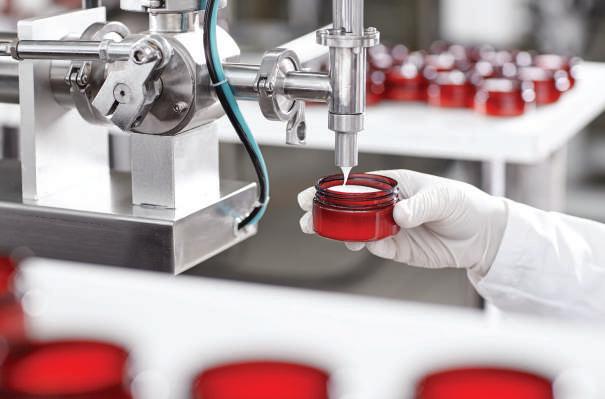
2 minute read
Fast-Moving Consumer Goods (FMCG
Develop and manage manufacturing processes to reduce costs and wastage while maximising productivity.
This industry provides consumers with essential products, such as household cleaning goods, toiletries, cosmetics and F&B, to fulfil daily needs and wants.
With so many products and services, companies are commonly divided into two categories: corporate giants with a wide range of merchandise like Procter & Gamble (P&G) and Unilever; and organisations that specialise in a single category, such as L’Oréal in cosmetics and toiletries, and Nestlé, a renowned F&B behemoth.
Career overview
Because thousands of product units can come off just one production line every minute, engineers need to not only continually develop technology or improve processes to keep pace with consumer expectations and maximise output, but also manage manufacturing operations in order to reduce wastage and cost.
Engineering graduates typically work alongside experienced engineers as part of a small team responsible for part of a process or project. As many FMCG companies tend to buy production lines off the peg and then customise and optimise them for their own purposes, engineers usually focus on improving lines or installing in-house technology.
Trends and developments
While two major keywords among FMCG employers are “sustainability” and “reliability”, businesses are more interested in keeping consistency by investing in machinery maintenance, automation, unmanned systems and programmable logical controllers to produce a consistent standard.
As machinery breakdowns can incur huge losses in this sector, engineers spend a lot of time developing, improving and maintaining industrial manufacturing processes, machines and systems to accommodate the bulk and speed of production.
The ultimate goal, however, is total automation, where machines and production lines can be left to run and operate almost full-time with no human intervention.
Career highlights
Good training ground
Manufacturing facilities may be highpressure environments, but they are also brilliant training grounds. Engineers face new challenges every day, and graduates will find themselves quickly learning about processes, equipment design and even people.
Career progression opportunities
Opportunities for career progression typically come in a year or two, and include management of a production line and its staff, as well as development and implementation of more effective systems technology.
The dynamic nature of the industry, together with its willingness to embrace change, means that there are many opportunities to progress to interesting roles too.
Skills required in FMCG
• Flexibility • Leadership skills • Sound decision-making skills • Good interpersonal skills • An eye for detail • Able to work well under pressure • Updated and comprehensive knowledge of the industry










